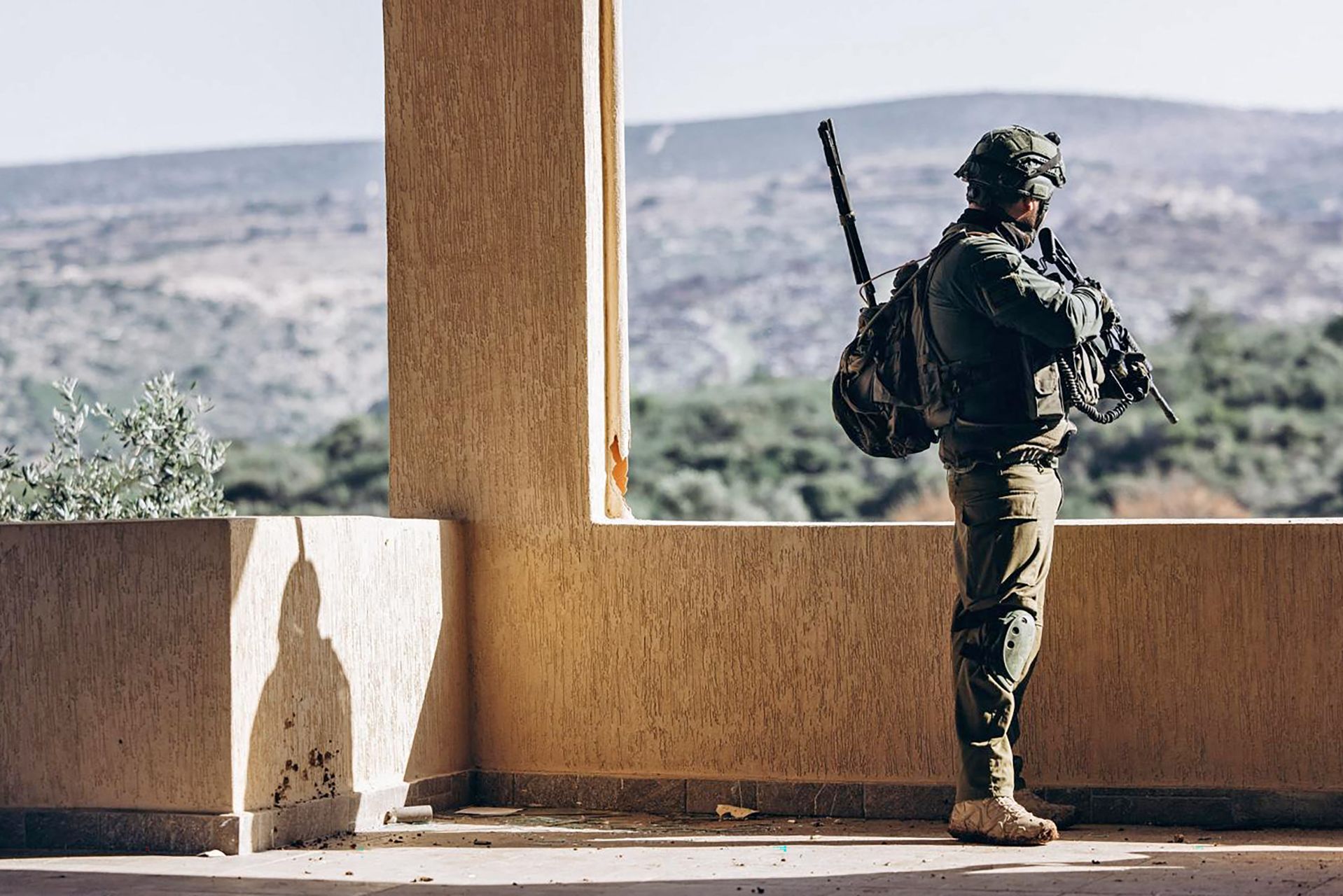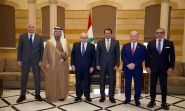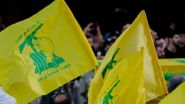
The Israeli government expressed concerns on Thursday about the slow implementation of the ceasefire agreement with Iran-backed Hezbollah, just days before Israel is scheduled to complete its troop withdrawal from southern Lebanon, as outlined in the deal.
The ceasefire, brokered by the United States and France, was agreed upon in November, bringing an end to more than two months of conflict. According to the agreement, Israeli forces are to withdraw from Lebanon, while Hezbollah is required to pull back north of the Litani River within a 60-day period, which is set to conclude next Monday morning.
“There have been positive developments, with the Lebanese Army and UNIFIL assuming control from Hezbollah forces, as stipulated in the agreement,” Israeli government spokesman David Mencer told reporters, referring to the UN peacekeepers operating in Lebanon.
“However, we have made it clear that these movements have not been fast enough, and much work remains to be done,” Mencer added, emphasizing Israel’s commitment to fulfilling the terms of the agreement.
When asked whether Israel had sought an extension of the agreement or if its forces would remain in Lebanon beyond the 60-day deadline, Mencer declined to comment.
Three diplomats suggested that Israeli forces might still be present in certain parts of southern Lebanon after the deadline has passed.
A senior Lebanese political source revealed that President Joseph Aoun has been in contact with US and French officials, urging Israel to adhere to the withdrawal timeline. The Lebanese government warned US mediators that any delays in Israel’s withdrawal could hinder the deployment of the Lebanese Army, undermining diplomatic efforts and the optimism that has emerged since Aoun’s election on January 9.
Hezbollah MP Ali Fayad stated on January 20 that any failure by Israel to complete the withdrawal would lead to a new phase of “confronting the Israeli occupation through all possible means and tools to force it out of our land.”
“This confrontation is the responsibility of all Lebanese: the government, the army, the people, the political parties and the resistance,” Fayad said, according to Lebanon's National News Agency.



Comments